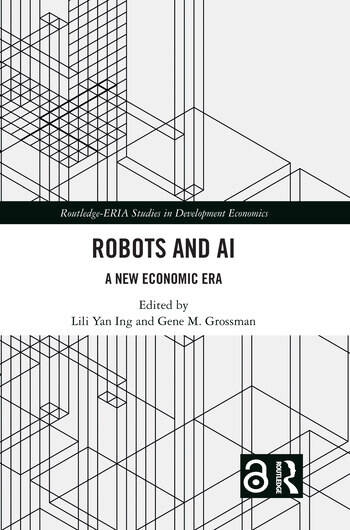
On the Employment Consequences of Automation and Offshoring: A Labor Market Sorting View
We argue that automation may make workers and firms more selective in matching their specialized skills and tasks. We call this phenomenon “core-biased technological change”, and wonder whether something similar could be relevant also for offshoring. Looking for evidence in occupational data for European industries, we find that automation increases workers’ and firms’ selectivity as captured by longer unemployment duration, less skill-task mismatch, and more concentration of specialized knowledge in specific tasks. This does not happen in the case of offshoring, though offshoring reinforces the effects of automation. We show that a labor market model with two-sided heterogeneity and search frictions can rationalize these empirical findings if automation strengthens while offshoring weakens the assortativity between workers’ skills and firms’ tasks in the production process, and automation and offshoring complement each other. Under these conditions, automation decreases employment and increases wage inequality whereas offshoring has opposite effects.





